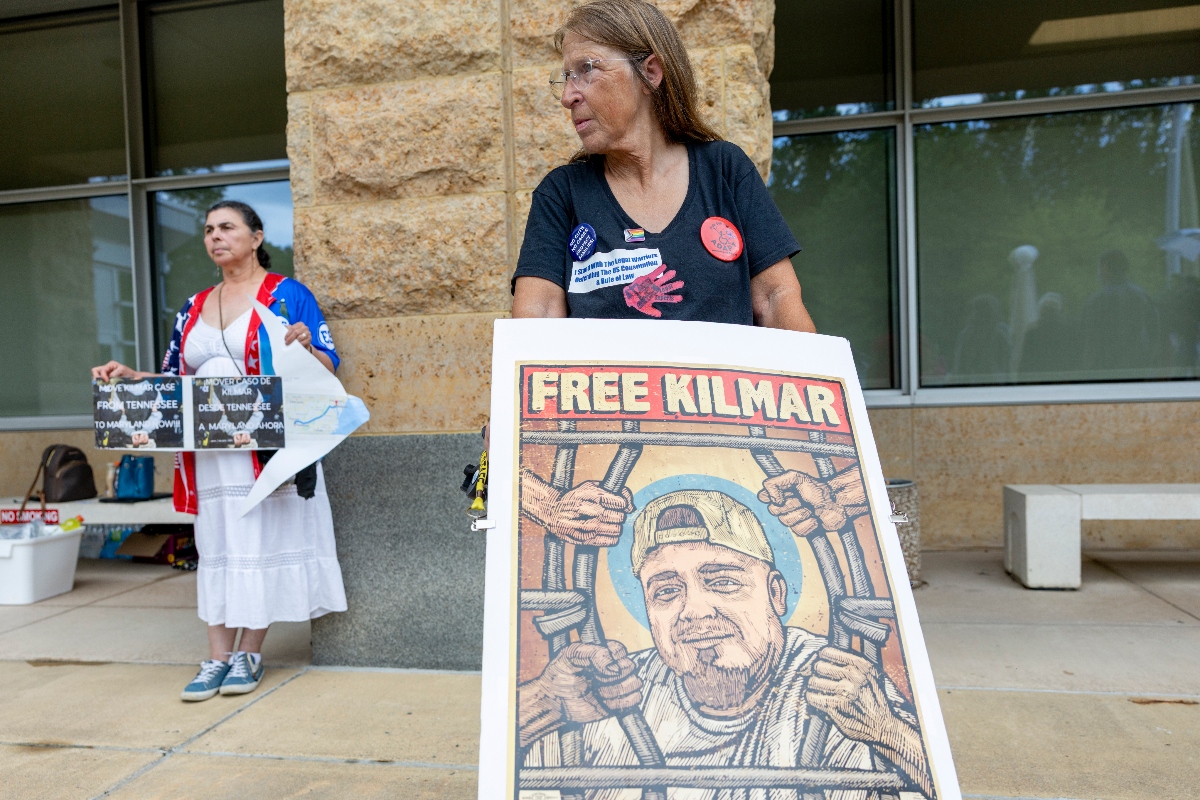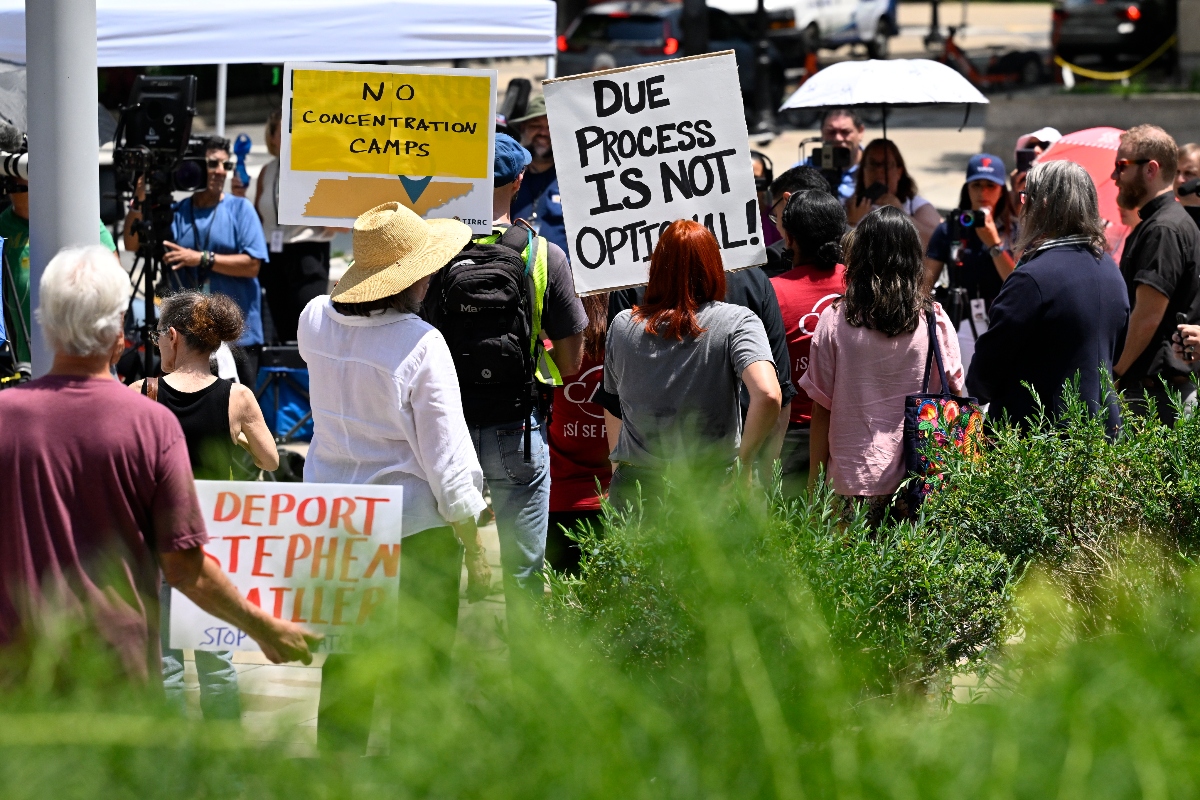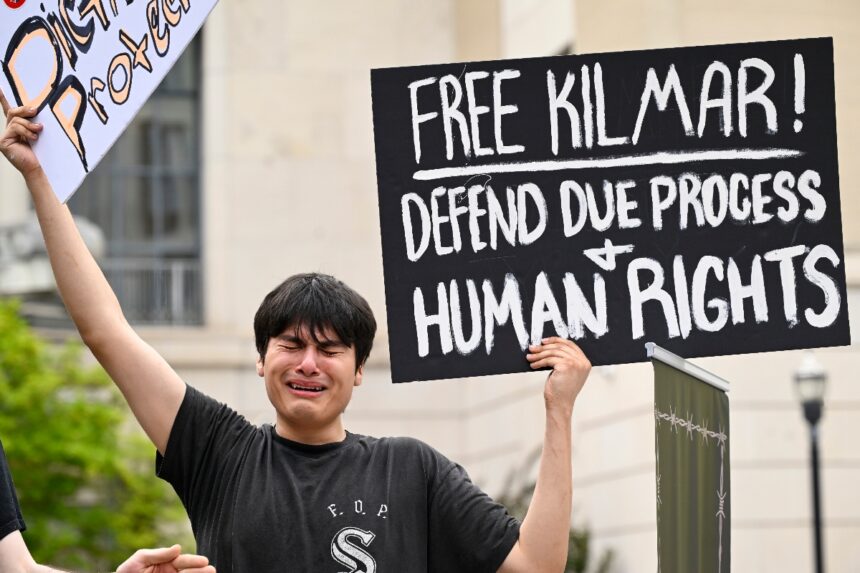This July 23, 2025, the U.S. courts issued two key rulings in favor of Kilmar Abrego Garcia, a Salvadoran national who was “mistakenly” deported and later returned to the U.S. to face charges. The courts ordered his conditional release and prohibited his immediate detention by ICE after his release from prison.
In Nashville, District Judge Waverly Crenshaw determined that the Government did not demonstrate that Abrego García was a danger to the community or a flight risk, and therefore he should be released on bail. However, upon appeals by the Government, a federal judge in Tennessee temporarily postponed his release for 30 days, at the request of the defense. At the same time, in Maryland, Judge Paula Xinis ruled that ICE cannot detain him “immediately” after his release and must give 72 hours notice prior to any deportation attempt, thus guaranteeing his legal rights and procedural protection.
A paradigmatic case

Kilmar Ábrego García was deported on March 15 to El Salvador despite having judicial protection since 2019.
This prevented him from being sent to his home country, fearing he would be a victim of gangs.
The Supreme Court confirmed that it was a “clerical error” and ordered his return to the US.
After his return in June, he faced criminal prosecution in Tennessee for alleged human trafficking, but always maintained his innocence and denied any links to MS-13.
The case has generated enormous media and political attention, with the Trump administration accused of abuse of authority, deprivation of due process and “forced disappearance” by sending him to a Salvadoran prison without trial or prior notification.
Activists and human rights experts have called the deportation of Ábrego García emblematic of systemic flaws in current immigration policies.
Protection against ICE immigration abuses

The courts ordered his conditional release
QuéOnnda.com
1. Legal precedent: establishes judicial limits on ICE’s power to release people from prison.
2. Guaranteed rights: ensures prior notification and access to legal defense.
3. Visibility of abuse: your case reveals risks for legal immigrants or immigrants with protections in place.
For more information, visit QuéOnnda.com.























